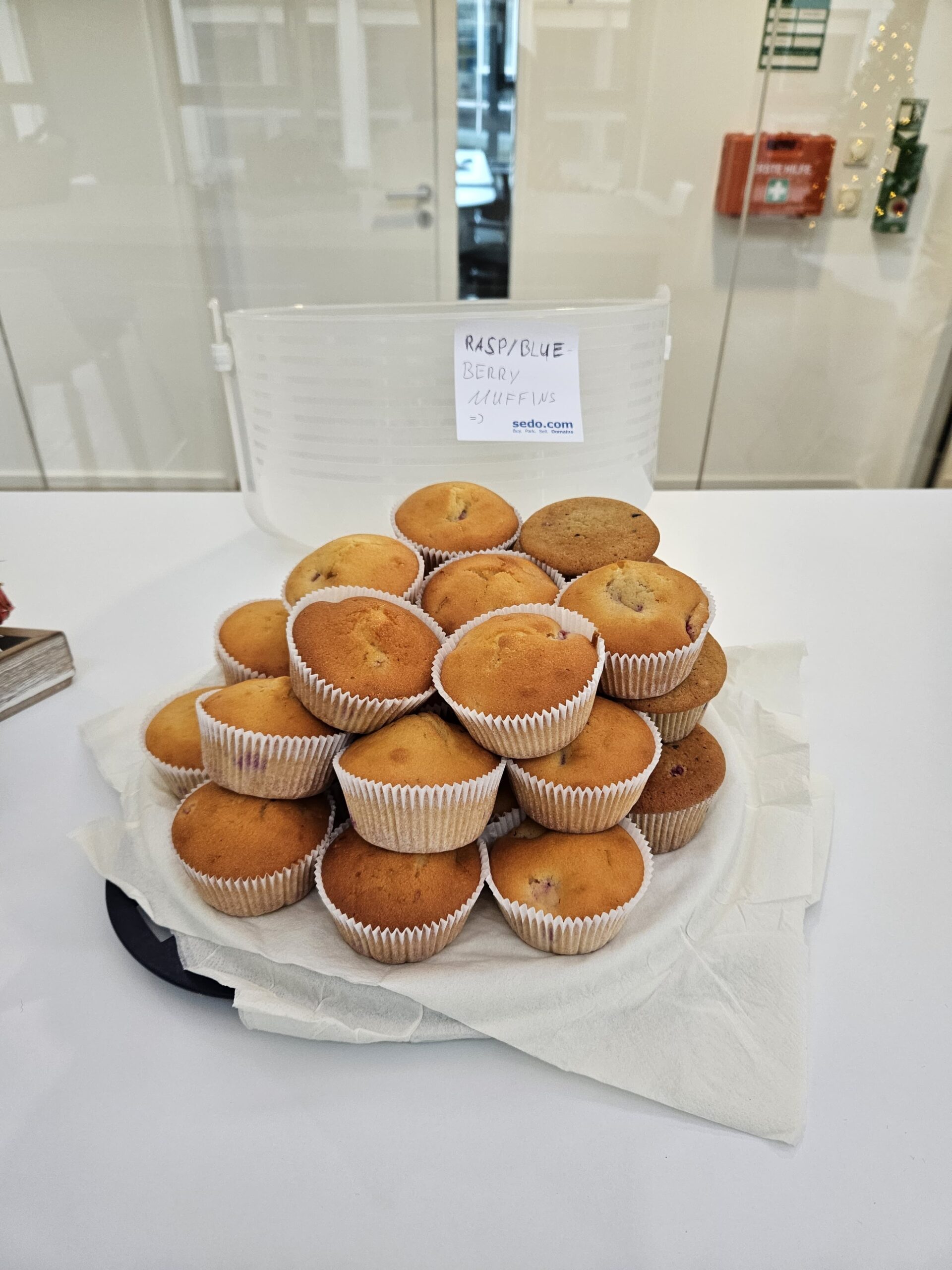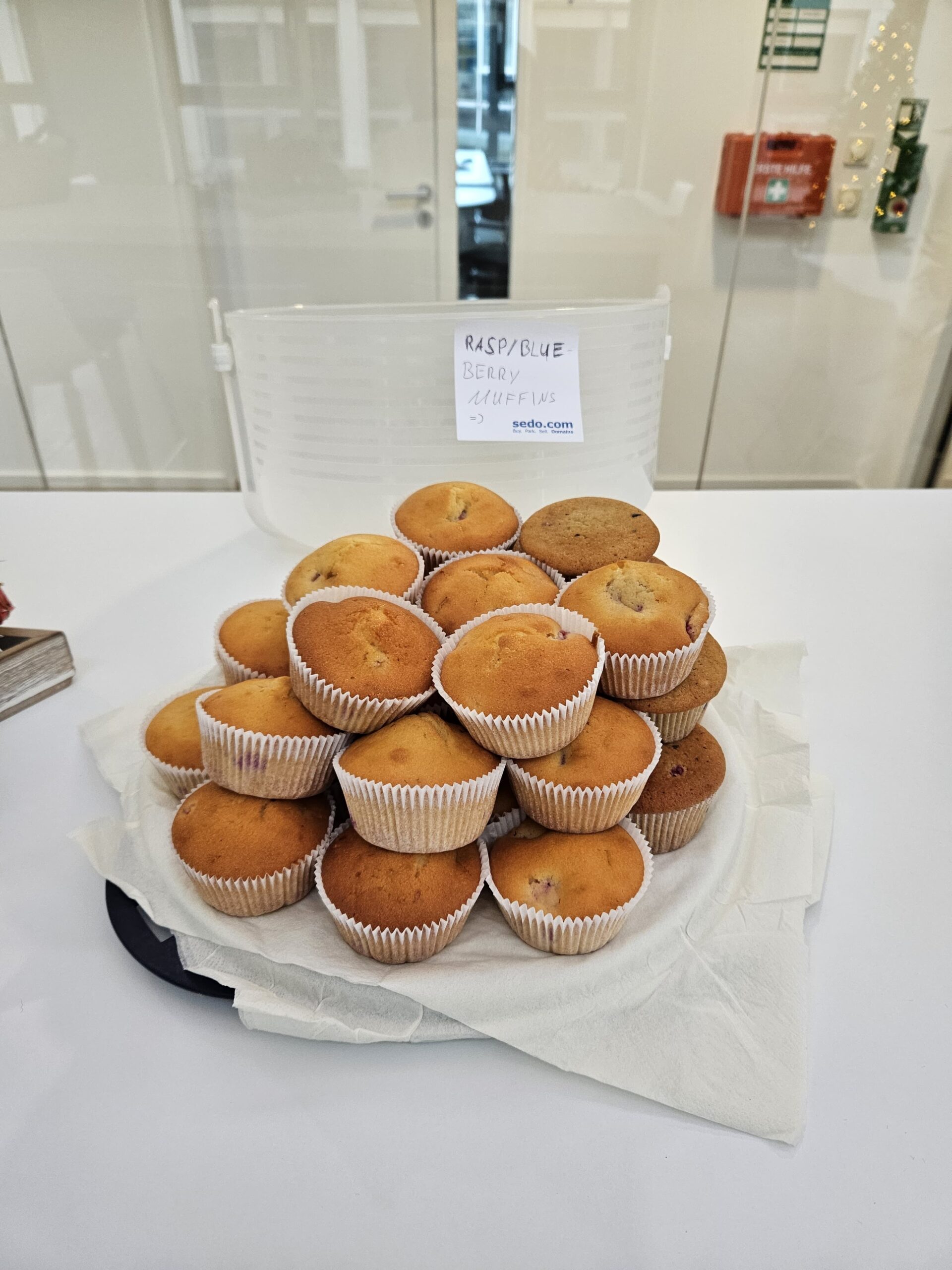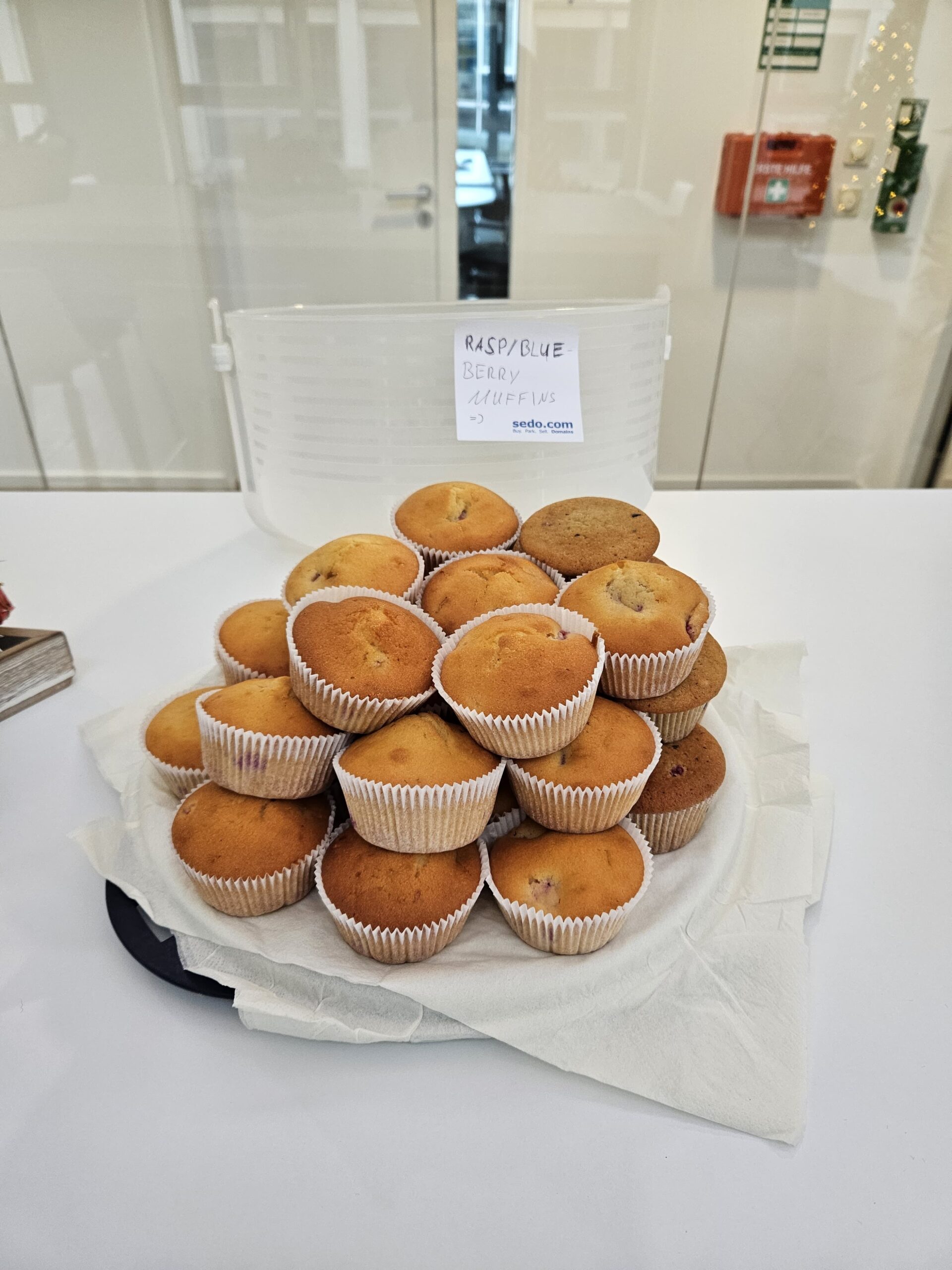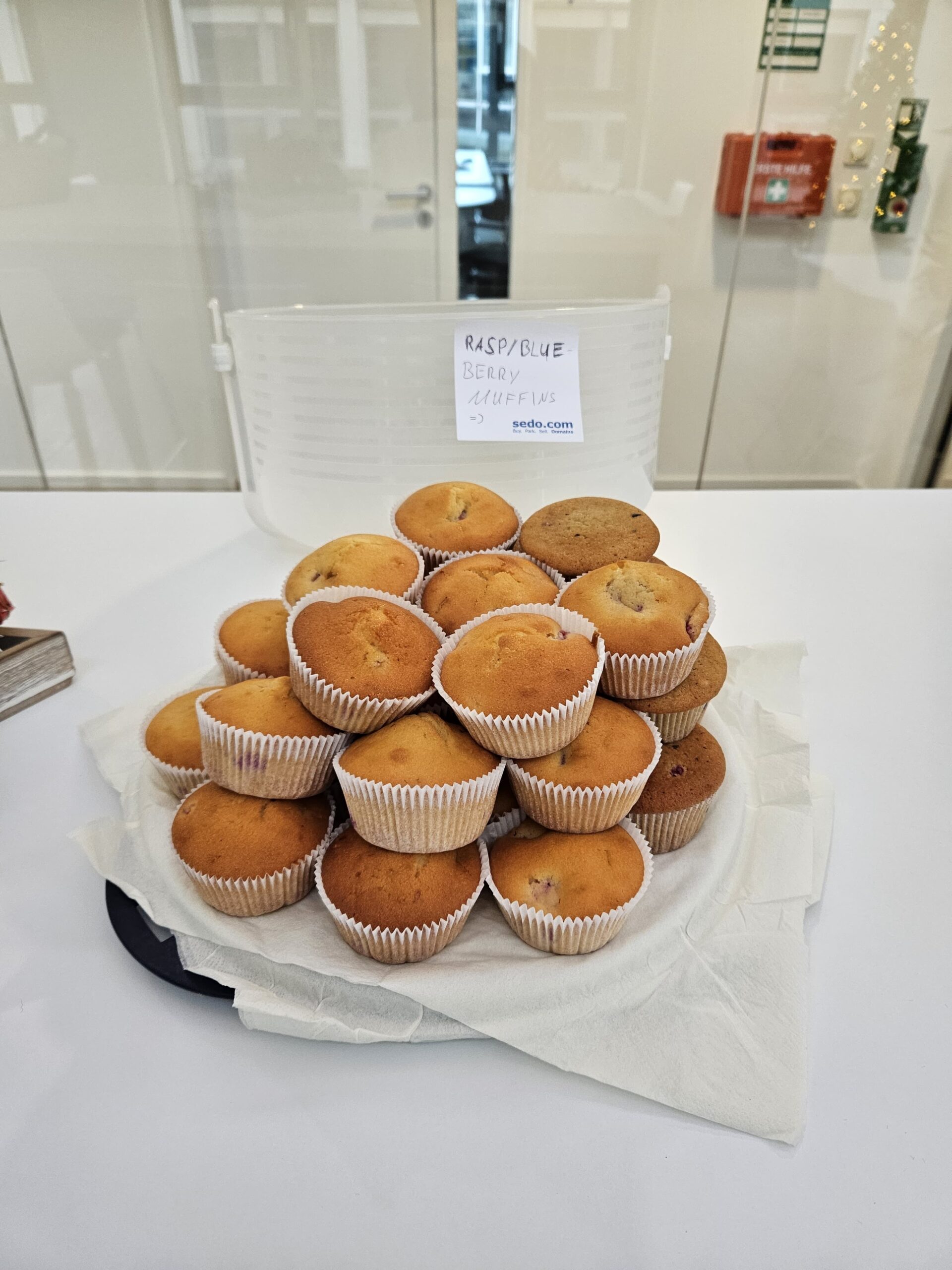Taking More Breaks Can Support Mental Health
Many people say rest is important for your mental health
Introduction to Mental Health and Breaks
Mental health is a crucial component of overall well-being, impacting how individuals think, feel, and act in their daily lives. With rising awareness, the importance of mental health is becoming more recognized, and one aspect that is garnering attention is the role of taking breaks. In our fast-paced world, the constant hustle can lead to burnout, stress, and a decline in mental health. Understanding how breaks can support mental health is essential for creating a balanced lifestyle.
Breaks are not just about pausing work; they are about giving the mind a chance to recharge. By stepping away from tasks, individuals can return with renewed focus and energy. This article explores the significance of breaks and offers insights into how they can enhance mental health.
The Science Behind Breaks and Mental Health
Scientific research underscores the importance of breaks for mental health. Studies have shown that taking regular breaks can reduce stress, improve mood, and enhance cognitive function. The brain, much like a muscle, requires periods of rest to function optimally. Continuous work without breaks can lead to cognitive fatigue, where the brain’s ability to process information diminishes.
Research indicates that breaks can help reset the brain, leading to increased productivity and creativity. A study published in the journal “Cognition” found that short breaks can improve attention and performance on tasks. Moreover, breaks can prevent decision fatigue, a phenomenon where the quality of decisions deteriorates after making numerous choices.
Incorporating breaks into daily routines can also mitigate symptoms of anxiety and depression. Activities such as taking a walk, meditating, or engaging in a hobby during breaks can promote relaxation and reduce stress hormones like cortisol.
Types of Breaks and Their Benefits
Breaks come in various forms, each offering unique benefits for mental health. Understanding the different types of breaks can help individuals choose the most effective strategy for their needs:
- Micro-breaks: These are short, frequent breaks lasting a few minutes. They can involve stretching, deep breathing, or a quick walk. Micro-breaks can enhance focus and reduce fatigue.
- Lunchtime breaks: Taking a full lunch break away from the desk allows for mental detachment from work. This time can be used for a leisurely meal, socializing, or a relaxing walk.
- Extended breaks: Longer breaks, such as vacations, provide a complete mental reset. They allow individuals to disconnect from work stress and engage in activities that bring joy and relaxation.
Each type of break offers a chance to recharge, reduce stress, and improve overall mental health. Incorporating a combination of these breaks into daily life can lead to a more balanced and fulfilling routine.
Implementing Breaks in Daily Life
Integrating breaks into a busy schedule can be challenging, but it is essential for maintaining mental health. Here are some practical tips for making breaks a regular part of daily life:
- Schedule breaks: Set specific times for breaks in your calendar to ensure they are prioritized.
- Use reminders: Utilize alarms or apps to remind you to take breaks throughout the day.
- Find enjoyable activities: Choose break activities that are enjoyable and relaxing, such as reading, listening to music, or practicing mindfulness.
- Disconnect from screens: During breaks, step away from screens to reduce eye strain and mental fatigue.
By intentionally planning and taking breaks, individuals can improve their mental health and overall productivity. It is important to remember that breaks are not a luxury but a necessity for a healthy mind.
Conclusion: Embracing Breaks for Better Mental Health
In conclusion, taking breaks is a vital practice for supporting mental health. The benefits of breaks extend beyond mere relaxation; they contribute to improved mood, reduced stress, and enhanced cognitive function. By understanding the science behind breaks and implementing them into daily routines, individuals can foster a healthier and more balanced lifestyle.
As society becomes more aware of mental health’s importance, embracing the practice of taking breaks can lead to a more productive and fulfilling life. Whether through micro-breaks, lunchtime pauses, or extended vacations, the key is to prioritize mental well-being by allowing the mind to rest and rejuvenate.



